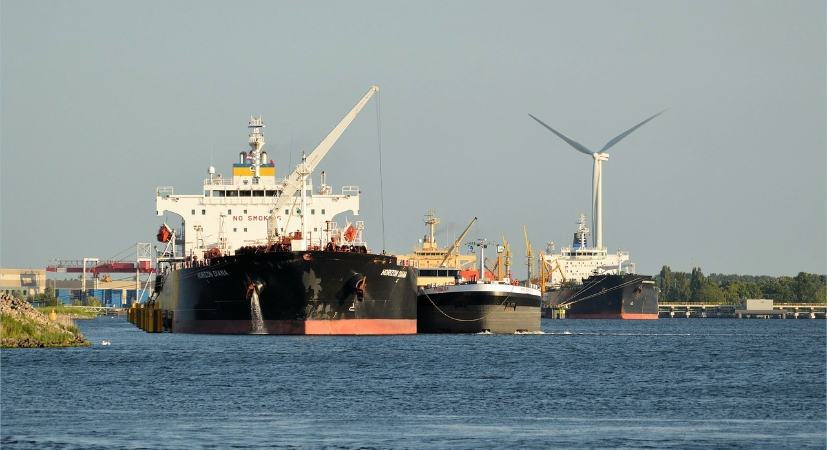
The recent announcement of Nippon Steel’s $14.9 billion bid to acquire U.S. Steel renewed anti-trade rhetoric against the valuable economic investment Japanese industry has had in the country. The deal, approved by over 98 percent of voting U.S. Steel shareholders, would pay investors $55 per share, a hefty premium from the company’s current share price of $37. Yet, rather than seizing an opportunity to revitalize a struggling industry in which production remains lower than in the 1950s, some lawmakers, including President Biden, have condemned the proposed merger, continuing long-lasting myths that foreign direct investment (FDI) harms the economy.
In reality, Japanese-American commercial relationships stand out as a beacon of mutual prosperity. Consider the automotive sector. Honda was the first automaker to invest in America, building its first plant in 1982 in Ohio; Honda has built eleven other plants, producing more than 30 million cars and light trucks since, and over 5 million products annually, including engines, transmissions, aircraft, and other equipment. Two years later, Toyota entered a joint venture with GM to build vehicles in California, creating a site that employed nearly 5,000 workers at its peak. Similarly productive endeavors have been the rule, not the exception, to U.S.-Japan commerce.
A recent report from the Japan Automobile Manufacturers Association indicates that cumulative U.S. manufacturing investment from Japan reached $61.6 billion in 2023, employing over 100,000 U.S. workers that year, in that sector alone. Today, the presence of 24 manufacturing plants, 43 R&D and design facilities, and 69 distribution centers across 27 states underscores the widespread impact of Japanese investment on local communities. Contrary to misconceptions surrounding FDI, Japanese automakers exemplify the essence of “good quality FDI,” characterized by a commitment to local partnerships, workforce development, and technological advancement, serving as a catalyst of major job creation and driver of sustainable careers. There is no reason to believe Nippon Steel’s acquisition of U.S. Steel would behave any differently, given the Japanese bidder’s declaration that it would not lay off any workers or close any existing plants of U.S. Steel post-acquisition, even after, ironically, the U.S. firm made its own round of layoffs last year. Nippon Steel even pledged to move its U.S. headquarters to Pittsburgh, where U.S. Steel is based, if the acquisition is approved by regulators.
While we expect arguments against FDI to continue, some political leaders, such as Indiana Governor Eric Holcomb, have recognized the importance of foreign investment. In a recent interview with The Times of Indiana, the Republican governor praised the commitment of Japanese firms to engage with the American economy. Japanese businesses employ more than 55,000 workers in Indiana, according to the Indiana Economic Development Corporation.
In today’s discourse, where discussions about FDI are imbued with factless skepticism, it is important to recognize the economic value of cultivating mutually beneficial partnerships with other nations, particularly with steadfast allies like Japan. The United States ought to have tax, regulatory, and trade policies that incentivize further investment. The economic impact of Japanese investment in the U.S. automotive industry serves as a powerful reminder of the symbiotic nature both countries enjoy thanks to FDI, enriching not only economic prosperity but also the social fabric of American society. As policymakers navigate the complexities of foreign investment, they must draw from historical insights and embrace the potential of international collaboration to drive economic growth and societal progress.

